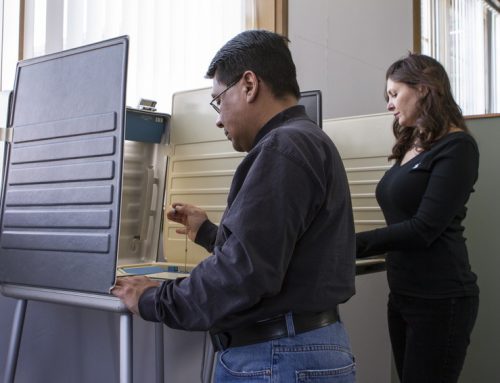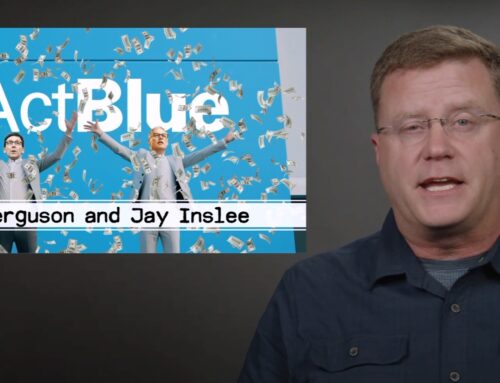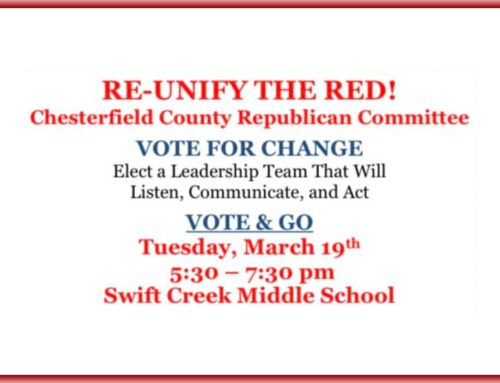Amid high rates of joblessness and underemployment, today’s youth are starting to feel the squeeze of a downturned American economy. The data released from the 2010 Census verifies what many experts as well as ordinary citizens had known for some time: the current generation of young adults, recently dubbed “The[New] Lost Generation”, are having a difficult time getting by, and it’s not going to improve any time soon. As of July 2011, the national unemployment rate stubbornly hovers at 9%; however, for young workers, that rate is 18.1%. (The numbers become more discouraging if categorized by race: while young White unemployment is a little less than the national average, among young Hispanics it is 20.1%, and young African-Americans a staggering 31 %.)
Yet even with these and other factors, it remains to be seen if the teenage and twenty-something crowds will turn out to rally behind President Obama next year. With the recession only just beginning in 2008, Obama carried the youth vote 2-to-1 over McCain; it was a year that witnessed the second-highest youth turnout in American history. However, in the elections that have followed, it seems that young voters have presented neither the zeal nor the manpower that brought the President his victory. The invocation of “Yes, We Can!” has faded from their thoughts. This “Lost Generation” is facing a grim European-style reality of spending one’s post-collegiate life filling out job applications as waitresses and baristas. (In between unemployment checks, of course.)
Will today’s young people ditch Obama as they truly begin to realize the future his plans have laid out for them? The initial signs are mixed: in a recent Gallup poll, many Americans still blame George W. Bush for the current state of the economy. Yet, the percentage of people who feel that Obama’s policies may lie at the heart of the matter have risen over the last two years. Earlier this month, for the first time since Obama’s presidency began, that percentage has reached a majority. Whether this will translate into votes for the Republican candidate (or, more interestingly, a Democratic challenger for the primary) is anyone’s guess.
Only one thing is certain: it’s going to be a very different climate for Obama next year as an incumbent. There will be no swooning at college campuses (or, at best, it will be kept to a respectable minimum), no children’s choirs ululating in adoration of his vague, $5 speeches. The nation’s incoming adults are going to want real answers to their problems. And this time, he may actually have to deliver to get their vote.






